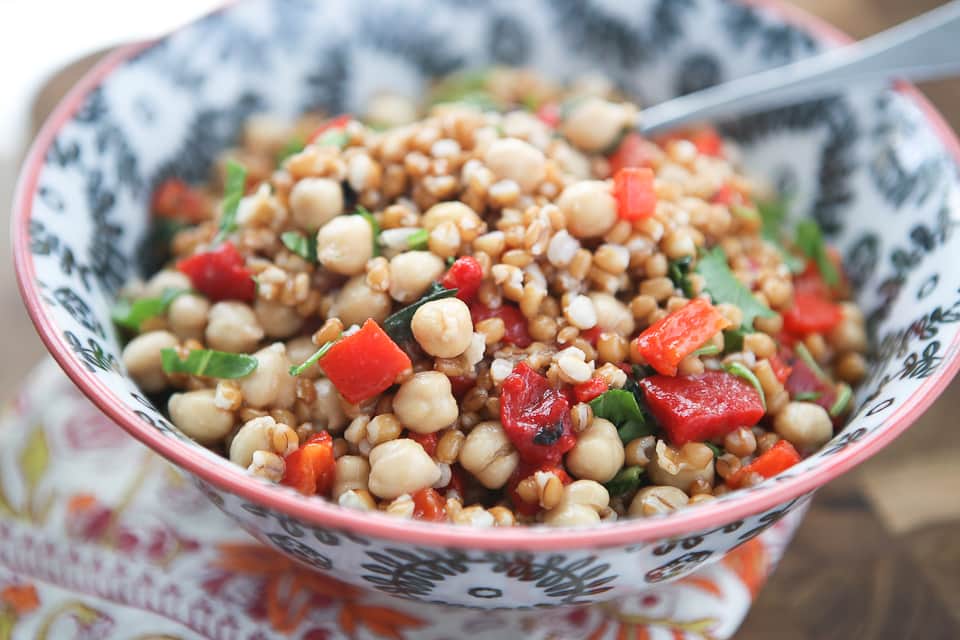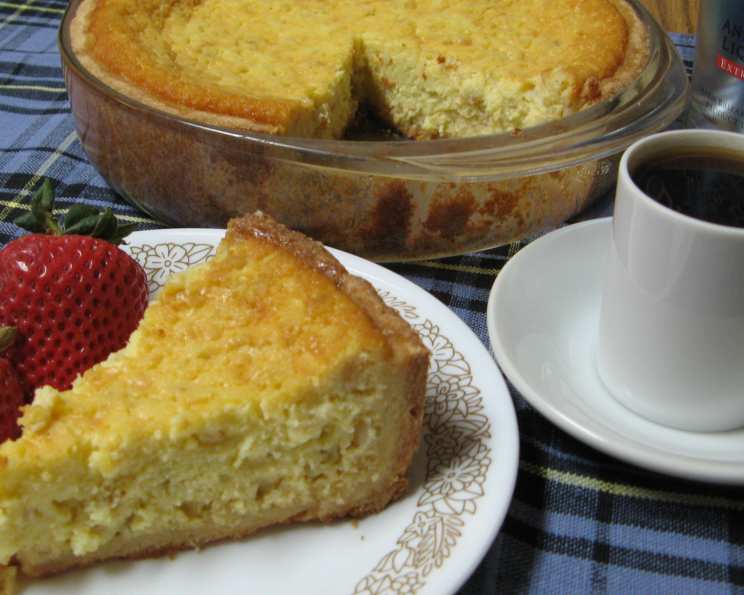Same here Larry. But I think we need the colour perhaps even the texture to go along with whatever else we are eating.Anytime I buy a tomato out of season, I ask myself why. There's just no comparison to an in season tomato. Sometimes its the taste, some times the consistency , and most of the time its both.
and every once in a while there is that...
... unexpected bonus of it actually having a bit of flavour as it really is only the flavour that is lacking


